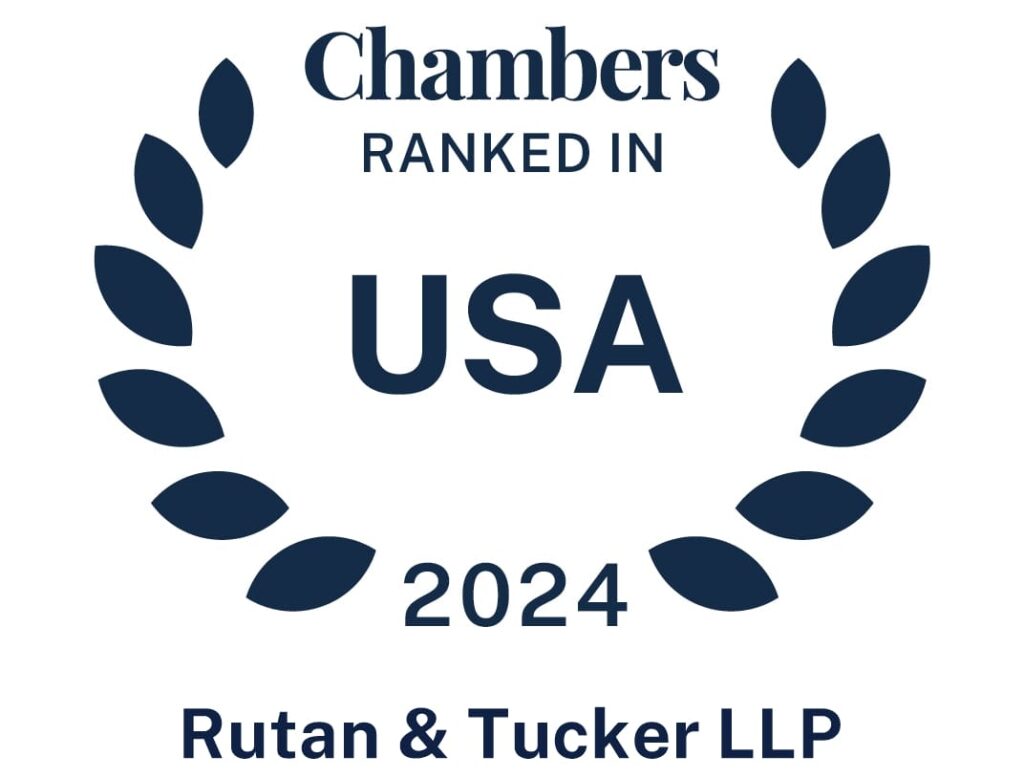When an invention disclosure submission crosses the desk of an in-house intellectual property attorney, the next step is often to determine if the product is patentable and, if it is, whether a patent application should be filed. But sometimes there’s another consideration—patent application quotas for legal departments. For one former in-house patent attorney from cosmetics company L’Oréal USA Inc., this was an added consideration that allegedly got him fired.
Performance metrics for in-house counsel around patent applications aren’t as rare as some might expect, which may raise the question of how to balance quotas with professional ethical obligations, according to in-house and outside IP counsel.
Ravi Mohan of Rutan & Tucker’s IP group told Corporate Counsel magazine in its August 3rd issue that a quota can create some strain for in-house attorneys. “Saying: ‘Hey, you need to file 30 applications, we’ve only got 20 and we have a week left in the quarter,’ that’s going to create a certain amount of pressure on you to come up with inventions,” he said.
What’s more common in Mohan’s experience, however, are metrics that focus on the quality of the patents as opposed to the number of patent applications filed in a given period of time. “More and more, work is being pulled in-house. And these in-house departments are being valued quantitatively,” he said. “On the IP side, though, I have heard it’s qualitative more often than quantitative metrics, where you say—we really want quality patents.”



